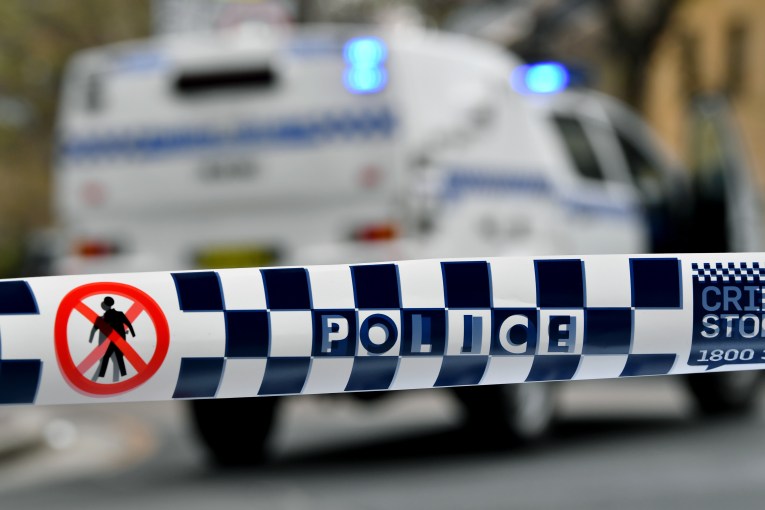Civilians were promised a ceasefire would secure their safe passage out of a besieged Ukrainian city where families are running out of food and water.
Instead, Russian forces bombed pregnant women and sick children.
At least 17 people were wounded – including women in labour – and children were trapped under the rubble of the maternity hospital in Mariupol.
Ukraine is yet to confirm whether anyone has died.
Morgues are at capacity in the port city following the deaths of Ukrainian soldiers and civilians.
Local authorities have dug a mass grave, burying 60 people in the past two days.
“Sadly, there are just too many bodies,” local official Vitaly Falkovsky told the Financial Times.
“It was a necessary measure because we can’t bury people in the normal way. The morgues are overflowing.”
Russia, which denies targeting civilians, has said it will hold fire to let civilians flee Mariupol and other cities.
But the city council said early on Thursday that the hospital had been hit more than once.
“The destruction is colossal,” representatives from the city council said.

Volunteers helped rescue pregnant women injured in the attack. Photo: AAP
Ukrainian President Volodymr Zelensky called the attack an atrocity.
“Direct strike of Russian troops at the maternity hospital. People, children are under the wreckage,” he said on Twitter.
When asked to comment on the reported bombing, Kremlin spokesman Dmitry Peskov said: “Russian forces do not fire on civilian targets.”
The latest figures from the United Nations, however, suggest Russia’s invasion has resulted in 516 civilian deaths and left 908 wounded.
Updated figures from the towns of Volnovakha, Mariupol and Izium are still being corroborated following allegations of hundreds of civilian casualties, the UN said.
The Ukrainian Foreign Ministry posted video footage of what appeared to be the badly damaged building of what it said was the children’s and maternity hospital.
The footage showed holes where windows should have been in a three-storey building at the hospital, and huge piles of rubble, some of it smouldering.
Australian Associated Press photographers captured evidence of the destruction and the harrowing aftermath as volunteers rushed to save bleeding mothers.
Earlier Ukraine’s Foreign Minister Dmytro Kuleba said Russia had broken the ceasefire around the southern port, which lies between Russian-backed separatist areas of eastern Ukraine and Crimea, annexed by Moscow from Ukraine in 2014.
“Russia continues holding hostage over 400,000 people in Mariupol, blocks humanitarian aid and evacuation. Indiscriminate shelling continues,” he wrote on Twitter.
“Almost 3000 newborn babies lack medicine and food.”
Local officials in other cities said some civilians had left on Wednesday through safe corridors, including out of Sumy in eastern Ukraine and Enerhodar in the south.
However, Russian forces were preventing a convoy of 50 buses from evacuating civilians from the town of Bucha outside Kyiv, local authorities said in an online post, adding that talks continued to allow the convoy to leave.
Both sides have accused each other of violating ceasefires that would allow people to evacuate Mariupol, which Russian forces have kept under siege for more than a week.
On Tuesday, the Red Cross called conditions inside the city “apocalyptic”, with residents sheltering underground from relentless bombardment, with no access to food, water, power or heat.
Kyiv and its Western allies say Russia is inventing pretexts to justify an unprovoked war against a democratic country of 44 million people, including by accusing Ukraine of having tried to develop biological or nuclear weapons.
On Wednesday, the Kremlin said Washington must explain “Ukrainian biological weapons labs”, a suggestion Washington has already dismissed as “absurd propaganda”.
Ukraine’s nuclear power plant operator said it was concerned for safety at Chernobyl, the mothballed site of the world’s worst nuclear disaster, where it said a power cut caused by fighting meant spent nuclear fuel could not be cooled.
Foreign minister Dmytro Kuleba said reserve diesel generators had a 48-hour capacity.
“After that, cooling systems of the storage facility for spent nuclear fuel will stop, making radiation leaks imminent,” Mr Kuleba said.
The International Atomic Energy Agency said the heat generated by the spent fuel and the volume of cooling water were such that it was “sufficient for effective heat removal without need for electrical supply”.
The war has swiftly cast Russia into economic isolation as well as drawing almost universal international condemnation.
The US said on Tuesday it was banning imports of Russian oil, a major policy change after energy was previously exempted from sanctions, while Western companies kept pulling out from the Russian market.
McDonalds said on Tuesday it was shutting its nearly 850 restaurants in Russia.
Its first, which drew huge queues to Moscow’s Pushkin Square when it opened in 1990, had been an emblem of the end of the Cold War.
Starbucks, Coca-Cola, Pepsi and others made similar announcements.
Heineken HEIN.AS, the world’s second-largest brewer, stopped production and sales of its Heineken brand lager in Russia and said it was assessing options for its operations there.
-with AAP









